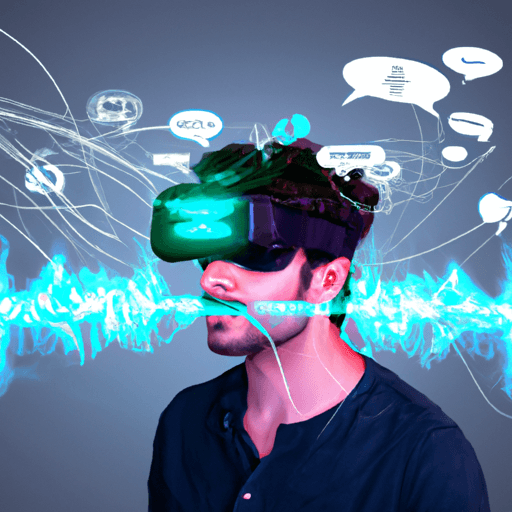The Impact of Virtual Reality on Mental Health
Virtual Reality (VR) technology with its immersive nature and high-definition synthetic experiences is consistently making its mark as a therapeutic tool in mental health treatments. As with any influential technology, it carries a mix of promising possibilities and potential risks. This article aims to explore the positive and negative implications of VR on mental health, focusing on aspects such as its use in addressing anxiety, phobias, Posttraumatic Stress Disorder (PTSD), and the challenges presented by its immersive nature.
Positive Implications of VR Technology in Mental Health
VR technology offers a new avenue for the exploration of therapeutic techniques. It presents the possibility of creating controlled, safe environments where individuals can face their fears or traumas without real-world consequences.
Treatment of Anxiety and Phobias
Several studies have demonstrated VR's potential in cognitive-behavioral therapy for treating anxiety disorders and phobias. One study utilized VR to expose patients to their fearful triggers, such as heights or public speaking, in a controlled manner, leading to a significant decrease in fear symptoms.[1]
Addressing PTSD
Another promising application of VR is its use in treating Posttraumatic Stress Disorder (PTSD). Exposure therapy, a common technique for PTSD treatment, has been effectively supplemented with VR. By recreating traumatic scenarios in a virtual environment, patients can confront and process their past traumas, often resulting in reduced PTSD symptoms.[2]
Negative Implications of VR Technology in Mental Health
Despite these encouraging findings, VR's immersive nature also poses potential risks and psychological challenges.
Disorientation and Dissociation
Individuals may experience disorientation or dissociation after using VR, where they struggle to distinguish between the virtual and the real world. This blurred boundary can lead to feelings of unease and distress, impacting overall mental wellbeing.[3]
Risk of Dependence
Another potential risk is enhanced dependence on VR. While this technology can indeed offer therapeutic benefits, an overreliance may lead to neglect of real-life relationships and responsibilities, further exacerbating mental health problems.[4]
The Future of VR in Mental Health Treatment
Looking ahead, virtual reality holds immense promise in revolutionizing mental health treatments. As the technology continues to evolve and improve, it can offer even more detailed, individually-tailored experiences that can enhance therapeutic effectiveness.
However, to leverage these possibilities, it’s critical to address the potential risks and ensure tech ethics are prioritized in all areas of application. Future research must also continue to assess VR's effectiveness and safety in various therapeutic contexts. By striking a balance between benefit and risk, the true potential of VR-based mental health interventions can be fully realized.[5]
Conclusion
The rising interest in the application of VR technology to mental health reflects a broader trend towards innovation in therapeutic treatments. While the potential benefits of virtual reality therapy are indeed promising, it comes with unique challenges that require careful consideration. As research in this area grows, the benefits and risks of VR as a therapeutic tool will become even clearer.
References
[1] Link to source
[2] Link to source
[3] Link to source
[4] Link to source
[5] Link to source

















Comments
Leave a Comment